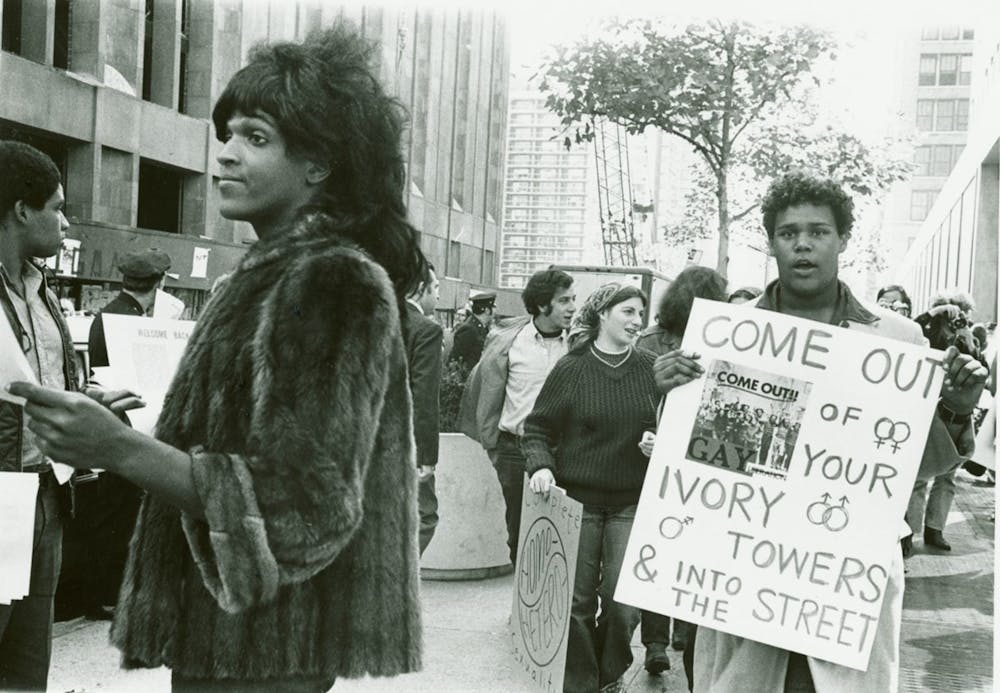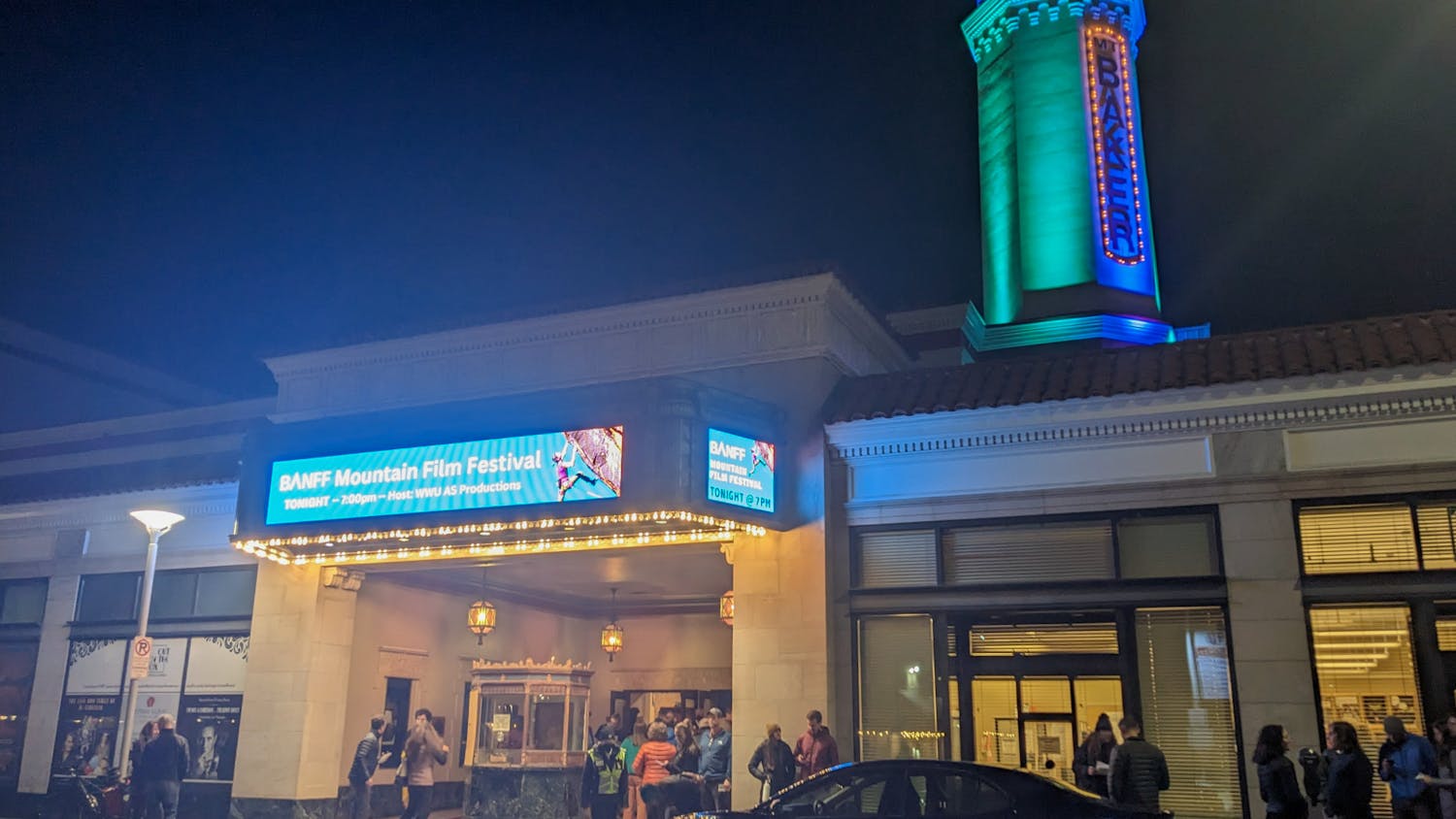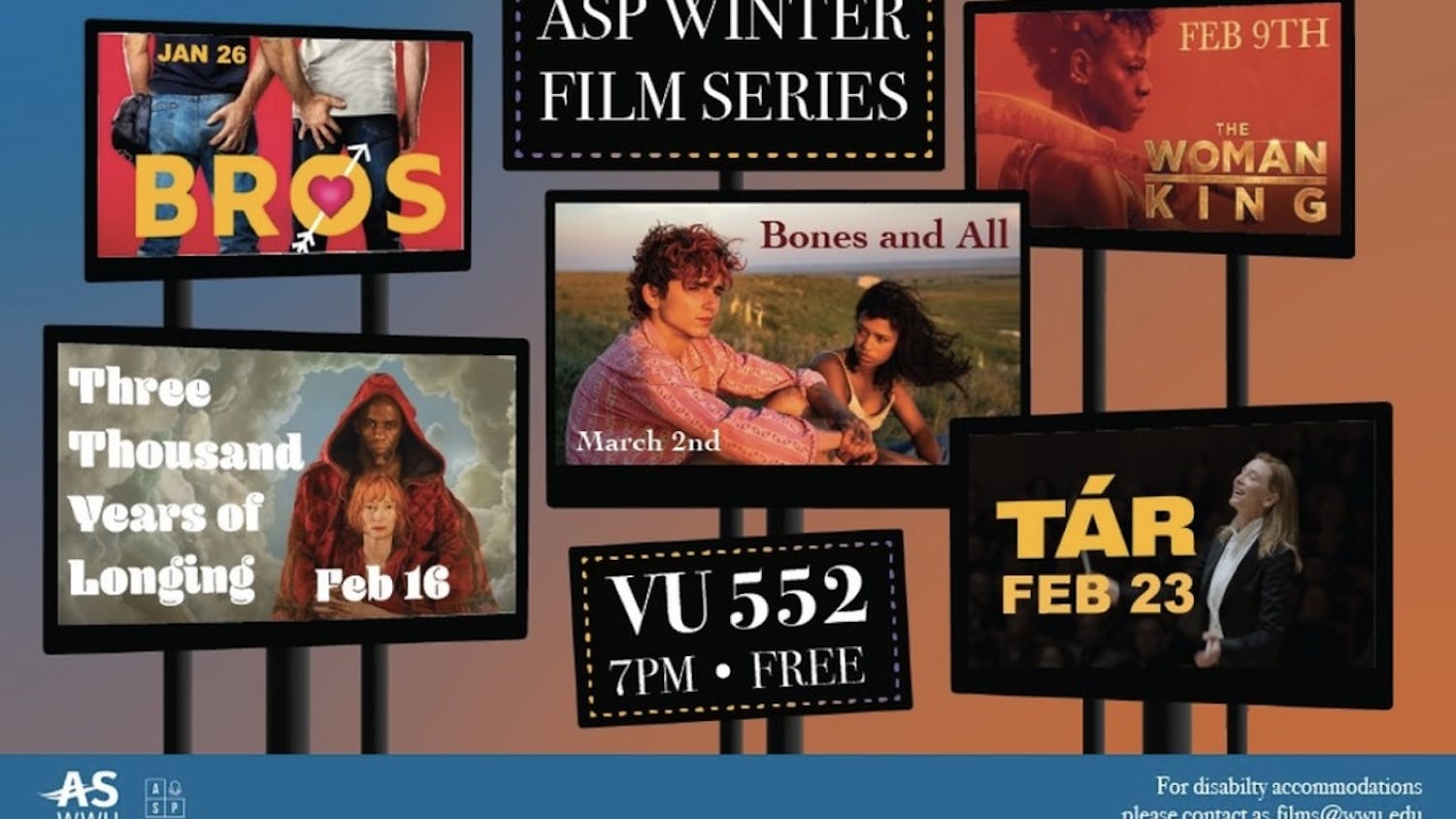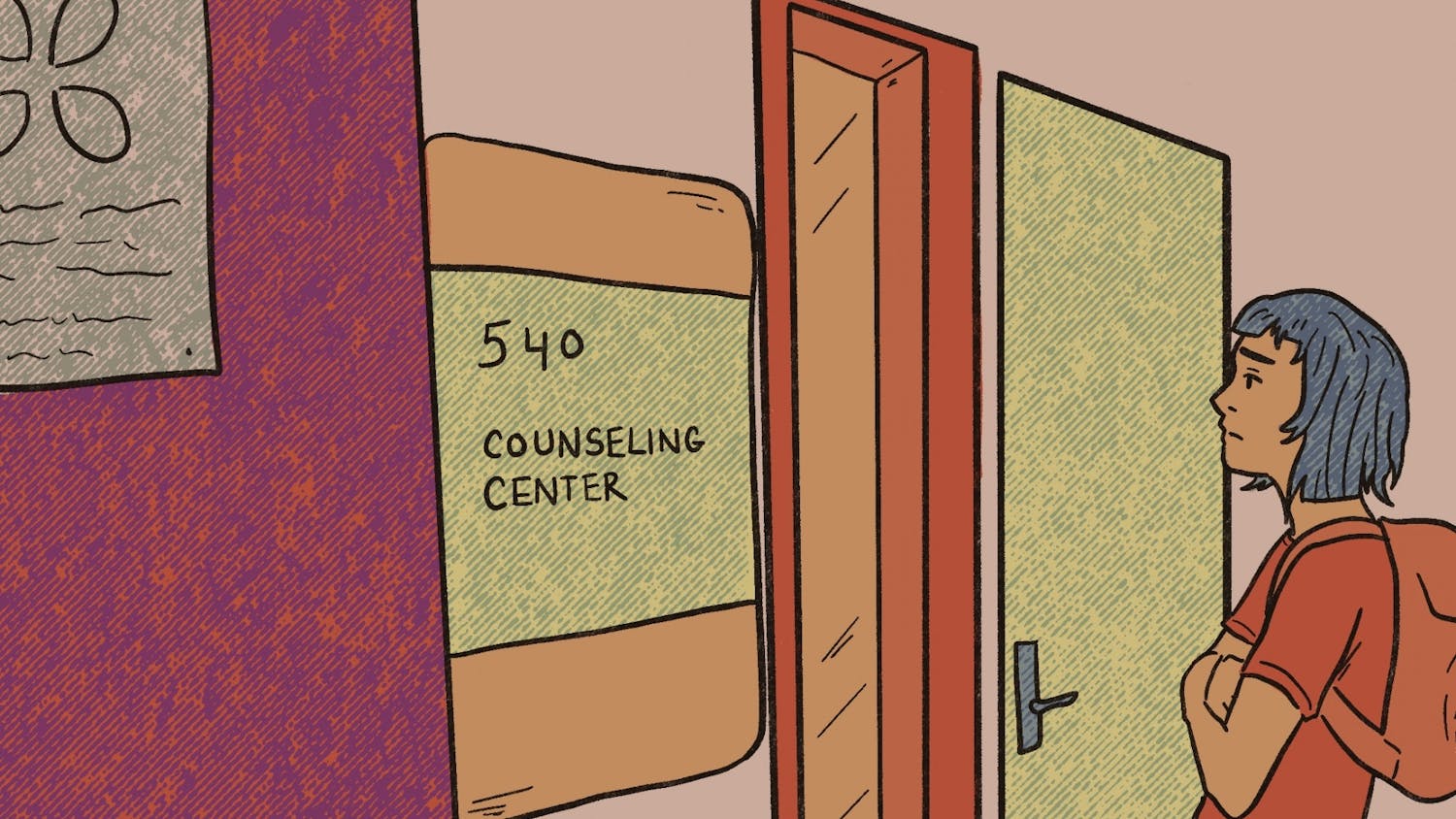The year is 2009, and Katy Perry’s “I Kissed a Girl” blasts from the radio. My friend and I are listening to the song, blissfully unaware of the innuendo that is cherry chapstick.
He smiles and says, “I wish I could kiss a girl.”
Shyly, I reply, “I wish I could too.”
That was the first time I voiced anything about my sexuality. As I grew older, I knew I was part of the LGBTQ+ community, but I didn’t know what label felt right.
Bisexual? No, that made me feel limited to the gender binary. Pansexual? That felt better, but it was still missing something.
Queer? Wait, queer. That’s the one. Queer felt like an all-encompassing label for my identity; a word that needed no further explanation.
Izzy deGrasse, president of the WWU Lavender Menaces Sapphic Club, said they use queer to avoid long explanations of who they are attracted to.
“Queer people often get excessive questions about their labels, sometimes even having to justify themselves to those outside the community,” deGrasse said. “Saying queer was a nice way for me to simply state that I belong to the queer community in many aspects, including attraction and gender.”
Once I started to embrace my new label, those around me cringed.
“When I was younger, that wasn’t a good word,” my mother said.
“Why do you use that term? It’s a slur,” others asked.
“Queer” became a popular derogatory term in 1895 when a man named John Douglas wrote a letter to famous playwright Oscar Wilde accusing him of having a sexual relationship with his son.
Wilde sued Douglas in a slander case over the letter, and the public found that Douglas addressed LGBTQ+ people as “snob queers.” The media heavily covered the case, and newspapers quickly started to pick up queer as a slur.
When I started identifying as queer, it didn’t feel like a slur. To me, it felt like I finally had power over my identity.
I felt the power of the movement before me, of the individuals who dared to speak out against hetero-normative society.
The movement to reclaim the term queer started in the late 1980s and early 1990s, as documented in Erin J. Rand’s book “Reclaiming Queer: Activist and Academic Rhetorics of Resistance.”
According to Rand, the reclamation of queer started in the academic field with queer theory. At the time, it was a new area of study that “seemed to elude the usual attempts at classification or definition.”
Teresa de Laurtis was among the first group to put together a queer theory conference in 1990 at the University of California Santa Cruz.
In 1991, Laurtis released “Queer Theory: Lesbian and Gay Sexualities,” where she explained three interrelated ideas that play a part in queer theory: refusing heterosexuality as the benchmark for sexual formations, a challenge to the belief that lesbian and gay studies are a single entity and a strong focus on the multiple ways that race shapes sexual bias.
Queer theory examines how power legitimizes certain forms or expressions of sexuality and gender while stigmatizing others. It varies from LGBT studies by challenging the rigid categories of sexuality and gender and the oppression that hetero-normative society justifies.
The use of queer spread from the academic field to societal resistance as organizations formed to create safe spaces and collect the history of queer people.
In the Pacific Northwest, a group came together in 1994 to create the Northwest Lesbian and Gay History Museum Project. According to their mission statement, the organization “researches, interprets and communicates the history of LGBT people in the Pacific Northwest for the purposes of study, education and enjoyment.”
At Western, multiple resources and safe spaces are available to queer people, from the WWU Lavender Menaces Sapphic Club to LBGTQ+ Western.
LGBTQ+ Western Director JoeHahn said their experiences with the term queer have varied, from childhood bullying to their lesbian mothers, who embrace it. JoeHahn started actively using the term while attending college in 2011.
“I was in a club called Triangle Alliance, and we started a ‘Queer Word of the Week’ where we taught LGBTQ+ terms,” they said. “This helped us learn about different terms and how we vary in use of these identities, for ourselves and others in the community.”
JoeHahn said queer is an identity for an individual to choose, and they understand why someone may not wish to identify with it.
“I challenge anyone against the word to remember that queer is an identity originating in activism,” they said. “Embracing the term celebrates our LGBTQ+ ancestors and invites new generations to continue their own activism.”
Madison Roper (she/they) is an opinion senior reporter for The Front. She is in her senior year to obtain a BA in news/editorial journalism. Their favorite part of reporting is interacting with the community and getting to know the various personalities in the area. As person of diverse background, Madison enjoys discussing LGBTQ+ topics, mental health, POC experience and foreign entertainment.
You can reach them at madisonroper.thefront@gmail.com






